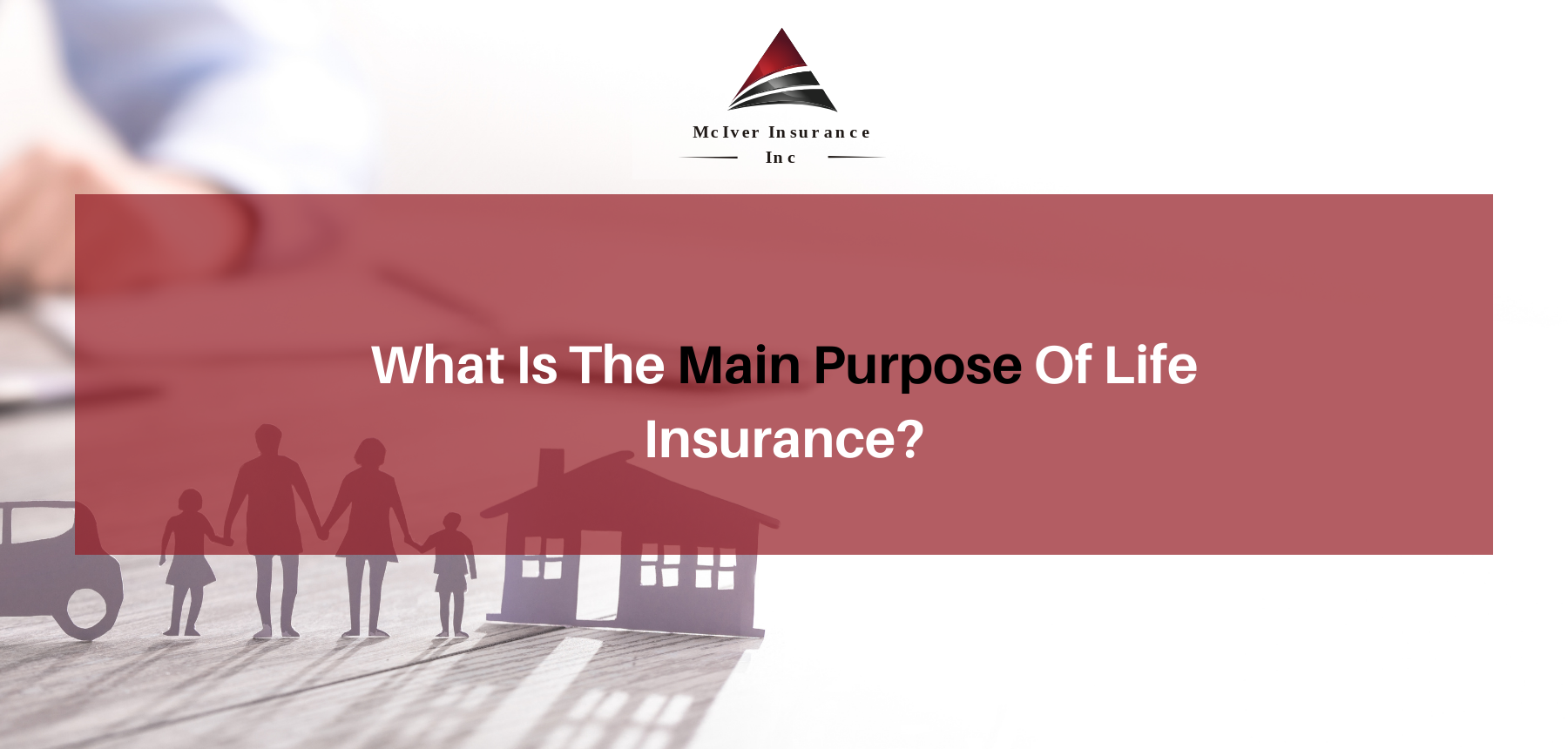Some Known Factual Statements About Pacific Prime
Table of ContentsThe Basic Principles Of Pacific Prime The Definitive Guide for Pacific PrimeNot known Factual Statements About Pacific Prime The smart Trick of Pacific Prime That Nobody is Talking AboutPacific Prime - An Overview

This is because the information were gathered for a period of solid economic efficiency. Of the estimated 42 million people that were without insurance, just about concerning 420,000 (regarding 1 percent) were under 65 years old, the age at which most Americans come to be qualified for Medicare; 32 million were grownups between ages 18 and 65, about 19 percent of all grownups in this age; and 10 million were children under 18 years of age, regarding 13.9 percent of all kids (Mills, 2000).
These price quotes of the variety of individuals uninsured are generated from the annual March Supplement to the Present Population Survey (CPS), conducted by the Demographics Bureau. Unless otherwise kept in mind, nationwide price quotes of people without health and wellness insurance policy and proportions of the populace with various sort of coverage are based on the CPS, the most commonly utilized resource of quotes of insurance policy protection and uninsurance rates.
Rumored Buzz on Pacific Prime

Still, the CPS is specifically helpful because it generates annual price quotes fairly rapidly, reporting the previous year's insurance coverage approximates each September, and since it is the basis for a constant set of estimates for even more than twenty years, permitting analysis of fads in insurance coverage with time. For these reasons, as well as the extensive usage of the CPS in various other studies of insurance protection that exist in this report, we count on CPS estimates, with constraints kept in mind.

The estimate of the variety of without insurance people expands when a population's insurance coverage status is tracked for a number of years. Over a three-year period beginning early in 1993, 72 million individuals, 29 percent of the united state populace, were without insurance coverage for a minimum of one month. Within a single year (1994 ), 53 million people experienced at least a month without like this coverage (Bennefield, 1998a)
Six out of every ten uninsured grownups are themselves utilized. Working does boost the probability that one and one's family participants will certainly have insurance coverage, it is not a guarantee. Also participants of households with two permanent breadwinner have nearly a one-in-ten possibility of being without insurance (9.1 percent without insurance rate) (Hoffman and Pohl, 2000).
Rumored Buzz on Pacific Prime
New immigrants represent a considerable proportion of individuals without medical insurance. One evaluation has actually associated a significant part of the current development in the size of the U.S. without insurance populace to immigrants who showed up in the nation between 1994 and 1998 (Camarota and Edwards, 2000). Recent immigrants (those that came to the USA within the past four years) do have a high price of being without insurance (46 percent), however they and their kids account for simply 6 percent of those without insurance country wide (Holahan et al., 2001).
The relationship between medical insurance and access to care is well developed, as documented later on in this phase. Although the connection in between medical insurance and wellness end results is neither direct neither simple, an extensive medical and health and wellness solutions research literature links health insurance coverage to improved accessibility to care, far better quality, and improved personal and populace health condition.
Degrees of analysis for checking out the effects of uninsurance. This discussion of health and wellness insurance policy coverage concentrates mostly on the united state populace under age 65 because basically all Americans 65 and older have Medicare or other public coverage. Furthermore, it concentrates particularly on those with no medical insurance for any kind of size of time.
Top Guidelines Of Pacific Prime
The problems faced by the underinsured are in some respects similar to those dealt with by the without insurance, although they are generally less severe. Health and wellness insurance, however, is neither required nor sufficient to get access to clinical solutions. The independent and direct result of health insurance policy coverage on accessibility to health services is well developed.
Others will certainly acquire the healthcare they need even without medical insurance, by spending for it expense or seeking it from service providers that use care cost-free or at extremely subsidized rates. For still others, health and wellness insurance alone does not make certain receipt of treatment because of various other nonfinancial barriers, such as an absence of healthcare service providers in their area, restricted access to transport, illiteracy, or linguistic and social distinctions.
Rumored Buzz on Pacific Prime
Official research about uninsured populaces in the USA dates to the late 1920s and very early 1930s when the Board on the Cost of Healthcare created a collection of records about financing medical professional workplace visits and hospital stays. This issue came to be salient as the numbers of clinically indigent climbed up during the Great Depression.